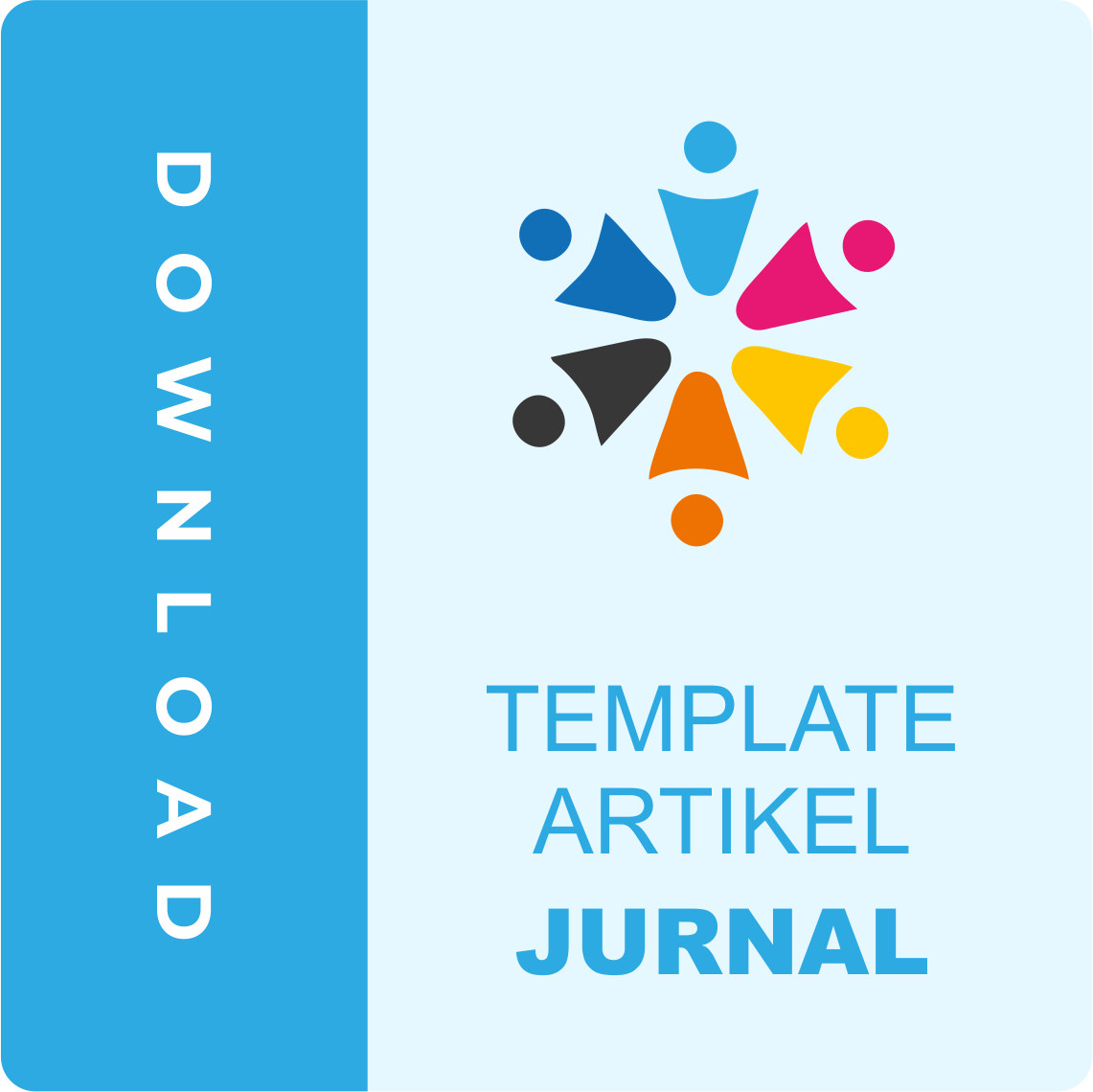Effectiveness of Motor Vehicle Tax Payment Services Through the SAMBARA Application at P3DW Cirebon Regency 1 Sumber
Downloads
Information technology facilitates access and interactive communication. Digital-based public services cut queues and increase efficiency. Good governance requires excellent service. The SAMBARA application simplifies vehicle tax payments, provides information, and improves service effectiveness. The purpose of this study is to determine how effective the Motor Vehicle Tax Payment Service through the SAMBARA Application is at the Regional Revenue Management Center of Cirebon Regency 1 Sumber. This study applied a descriptive qualitative approach using data collection techniques such as observation, interviews, and documentation. Data analysis used is data reduction, data presentation, and conclusions. The informants of this research are regulators and the public who use the SAMBARA Application. The theory used is Campbell's theory with five indicators: Program Success, Goal Success, Program Satisfaction, Input and Output Levels, Overall Goal Achievement. The success of the SAMBARA Application program in paying Motor Vehicle Tax is influenced by practicality and efficiency, providing solutions for users by avoiding queues at service offices. Despite obstacles such as unstable internet connection, the success of this program depends on clear regulations and intensive socialization by related parties. The high level of satisfaction is reflected in its ease, speed, and practicality, increasing the effectiveness of services without consuming much time and human resources. The implementation of SAMBARA provides significant outputs by facilitating payments, reducing queues, and providing easy access to tax information. This success is a successful step in achieving organizational goals, increasing the regularity of tax payments, preventing the practice of brokers, and facilitating access to information for the public.
Copyright (c) 2024 Ayu Cornelia, Nadiah Dwi Fitriandini, Ipik Permana, Aghnia Dian Lestari Aghnia

This work is licensed under a Creative Commons Attribution-ShareAlike 4.0 International License.




